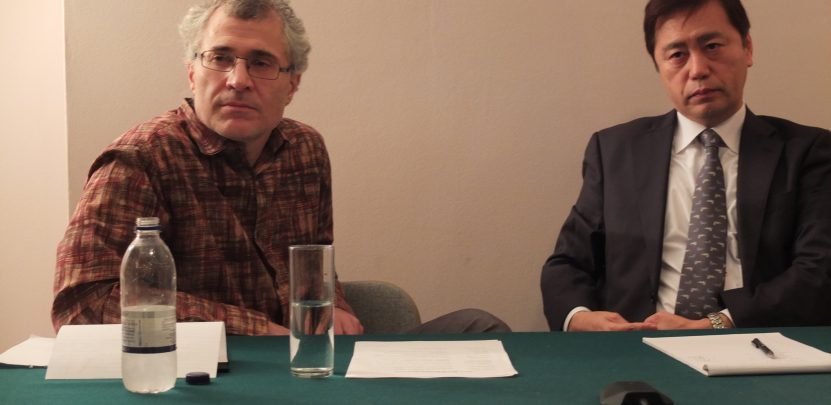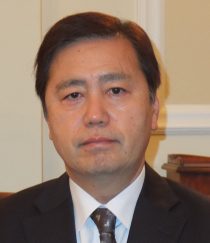 Annual Seminar Series Seminar
Annual Seminar Series SeminarFriday 25 November 2016
6:00pm – 7:30pm
Immigration policy and challenges: Post-Brexit UK and Japan
13/14 Cornwall Terrace, Outer Circle (entrance facing Regent's Park), London NW1 4QP
Organised by the Daiwa Anglo-Japanese Foundation
Immigration was one of the key campaign issues leading up to the UK’s “Brexit” referendum in June. This may have reflected a broader issue – that a significant part of the UK population perceives little or no benefit from the trend towards globalisation and liberalisation. EU immigrants were seen as reducing opportunities for British people in the labour market.
Following the referendum, what will a likely end to freedom of movement for EU nationals and a possible ‘hard Brexit’, in which the UK loses its tariff-free access to the single market, mean for international businesses that considered the single market and multinational labour force as attractions of the UK? In addition, the reported rise in hate crimes – which are said often to target non-EU immigrants – suggests that immigration issues are not only about the EU.
By contrast Japan continues to control immigration tightly and has largely avoided immigration challenges, such as absorption and assimilation, but its rapidly ageing society is putting the government under increasing pressure to find a new and more liberal policy to allow for more importation of foreign labour – a potential two-edged sword, about which policy makers have been very cautious. Considering these two very different social contexts, this seminar will discuss the issues currently facing both nations and possible future directions for each.
You can read a written summary of the seminar via the button below:
Summary, PDFThis event is in association with the Japan Foundation, London.

A video of the event can be found here:
About the contributors

Toshihiro Menju
Toshihiro Menju is Managing Director and Chief Program Officer at the Japan Center for International Exchange (JCIE) where he has managed a variety of programs for nearly three decades, and is known as an expert on both Japan’s immigration policy and grassroots international exchange. He currently serves as a selection committee member for the Ministry of Internal Affairs and Communication’s Best International Exchange Program Award. Menju is the author of dozens of books in Japanese, including Jichitai ga Hiraku Nihon no Imin Seisaku (Local Governments Lead Japan’s Immigration Policy, 2016) and Jinkou Gekigen (Population Collapse, 2011), as well as English titles such as Asia on the Move (2016) and Japan’s Road to Pluralism (2003). He served as an adjunct lecturer at Keio University, Shizuoka University of Art and Culture, and others.

Jonathan Portes
Jonathan Portes is a Principal Research Fellow at the National Institute of Economic and Social Research (NIESR), the UK’s longest established independent economic research institute. He is also a Senior Fellow of the Economic and Social Research Council’s “UK in a Changing Europe” initiative, which promotes high-quality research into the complex and changing relationship between the UK and the European Union. His current research concentrates on issues related to immigration and labour mobility, both within the European Union and outside; and the economic implications of a possible British exit from the EU. Before joining NIESR, Portes served as Chief Economist at both the UK Cabinet Office and Department for Work and Pensions, and Director for Child Poverty.